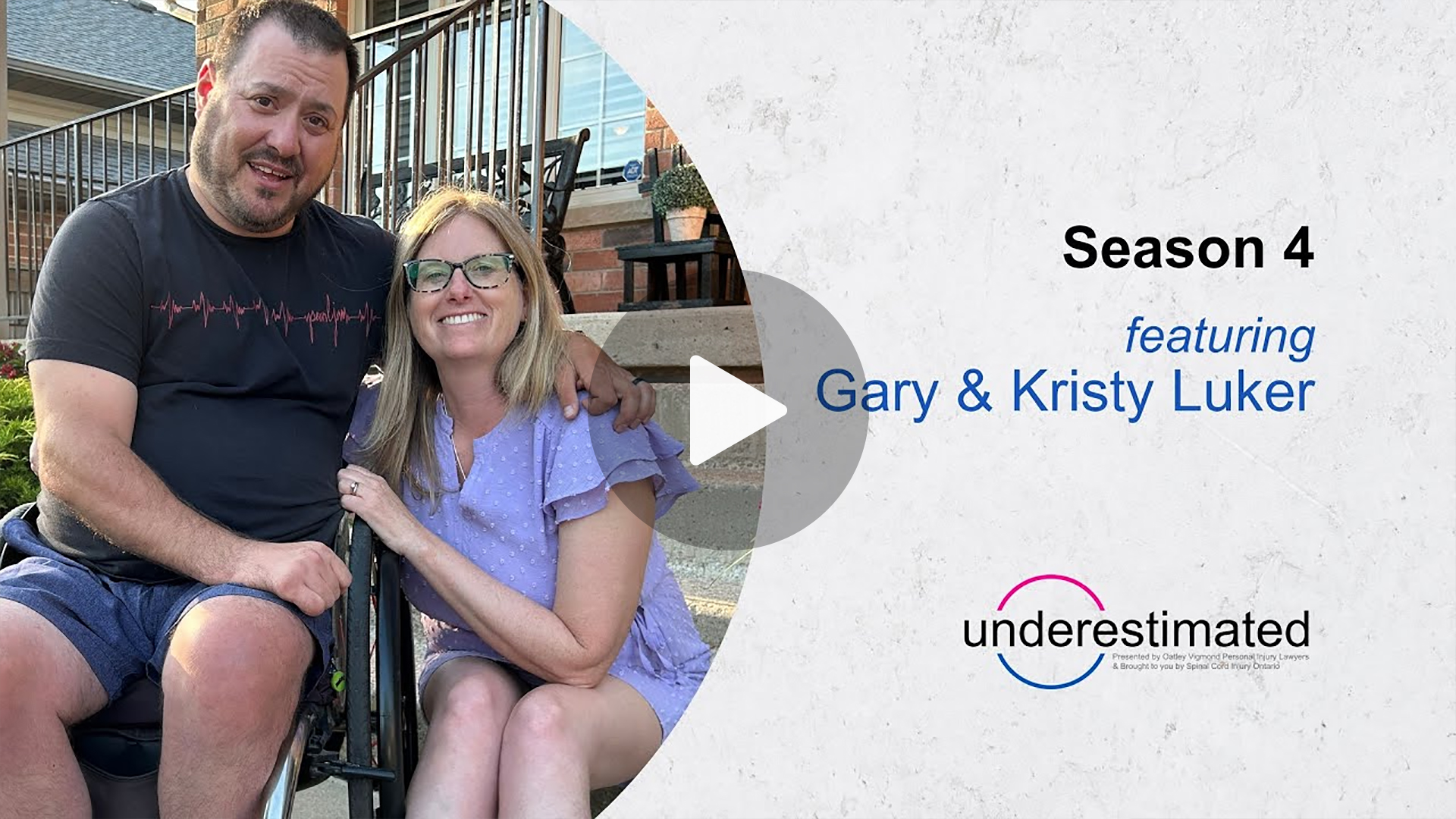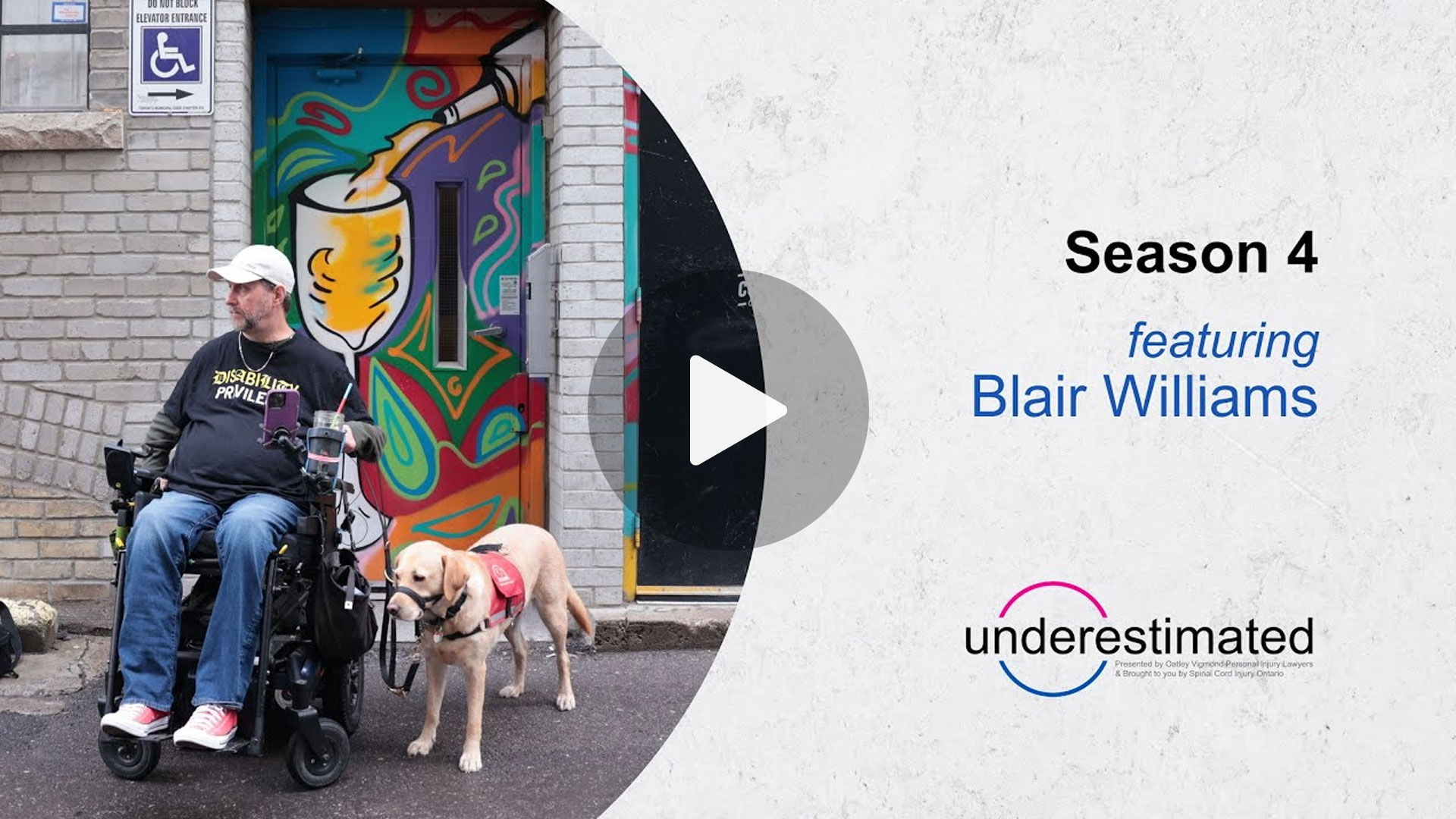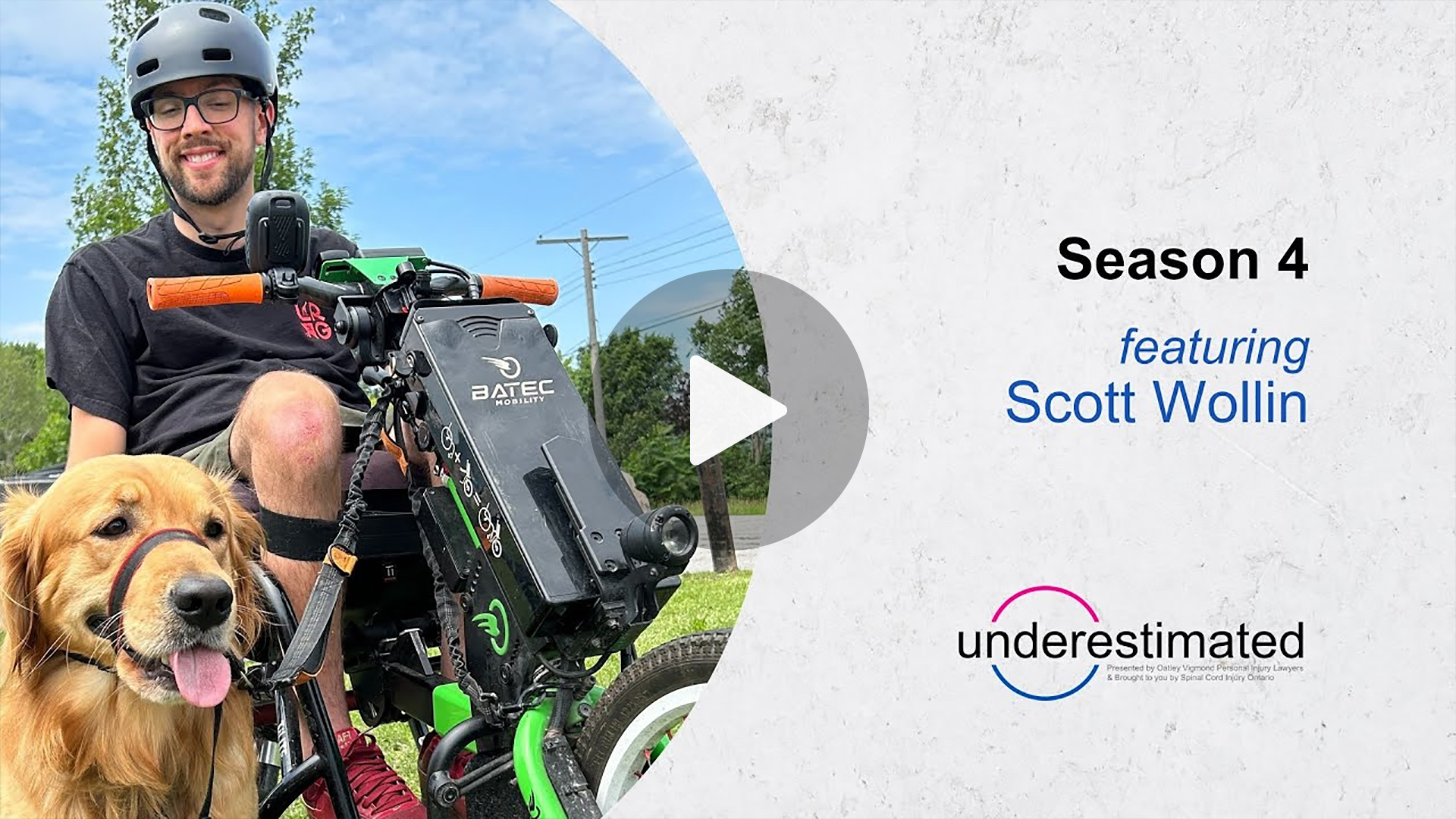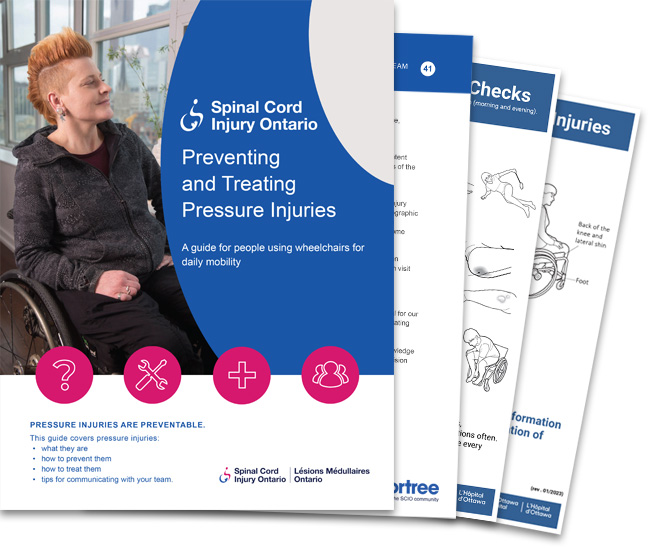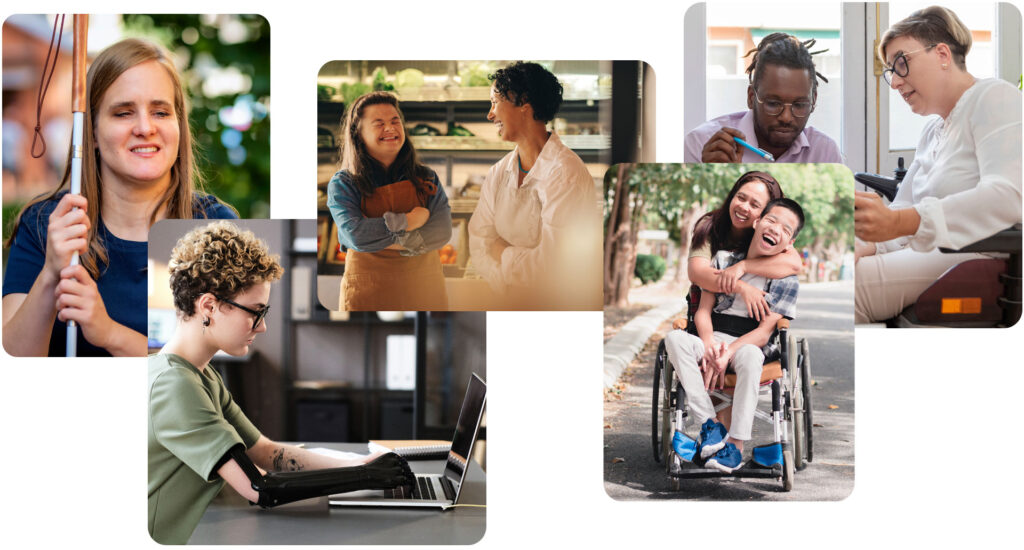Today, we’re talking about dating with a disability, and understanding sexuality for people with disabilities. Dating and sexuality for people with physical disabilities have gained more attention and understanding in recent years, promoting inclusivity and embracing diverse relationships. Organizations such as Spinal Cord Injury Ontario and various resources have contributed to increasing awareness and providing support in this area.
Dating with a disability involves navigating unique challenges and opportunities. It requires individuals to find partners who are accepting, open-minded, and willing to understand their specific needs and experiences. While physical disabilities may present obstacles, they do not diminish a person’s capacity for love, intimacy, and fulfilling relationships.
Understanding sexuality for people with disabilities is crucial to promote healthy relationships. It involves acknowledging that individuals with physical disabilities have the same desires, needs, and rights as anyone else. Disability and intimacy are interconnected, as intimacy encompasses emotional, physical, and sexual aspects of relationships. It’s essential to recognize that disability does not preclude the ability to experience and enjoy intimacy and sexual pleasure.
Sex and disability education play a vital role in empowering individuals with disabilities to explore their sexuality safely and confidently. Educators, healthcare professionals, and support organizations provide resources and guidance on topics such as sexual health, consent, communication, adaptive techniques, and accessible sexual aids. These resources aim to dispel misconceptions and promote a positive understanding of sex and disability.
Relationships involving a person with a disability and a partner without a disability are increasingly recognized and celebrated. These relationships challenge societal norms and highlight the importance of inclusion and acceptance. They provide opportunities for personal growth, mutual support, and the exploration of shared experiences.
Love and sex with a physical disability should be approached with open-mindedness, empathy, and respect. It is crucial to recognize that each individual’s experiences and needs may vary, and communication becomes even more critical. Open and honest dialogue between partners fosters understanding, enhances intimacy, and helps overcome potential barriers.
Regarding resources, there are various organizations, websites, and support groups dedicated to addressing the intersection of sex and disability. Some examples include the American Association of Sexuality Educators, Counselors, and Therapists (AASECT), the Center for Research on Women with Disabilities (CROWD), and Open Doors Organization. These resources offer information, guidance, and connections to professionals who specialize in supporting individuals with disabilities in their intimate lives.
In conclusion, dating and sexuality for people with physical disabilities are areas that deserve attention and understanding. With increased awareness, education, and support, society can foster inclusivity and empower individuals with disabilities to embrace their sexuality, form meaningful relationships, and experience love and intimacy on their terms.
If you enjoyed this video about dating with a disability, and understanding sexuality for people with disabilities, please remember to like, share, subscribe, and leave a comment if you have any questions or suggestions. We hope to see you here again soon!

